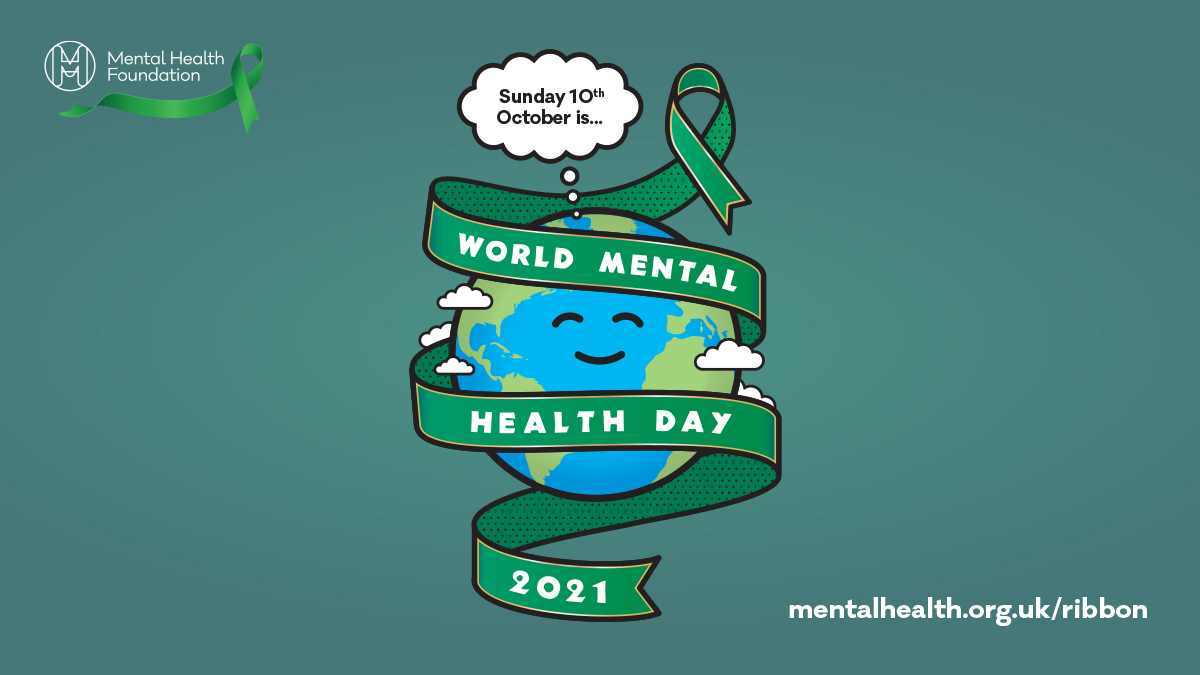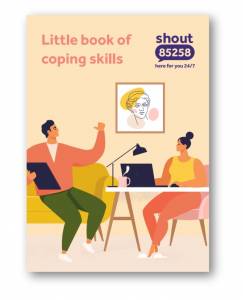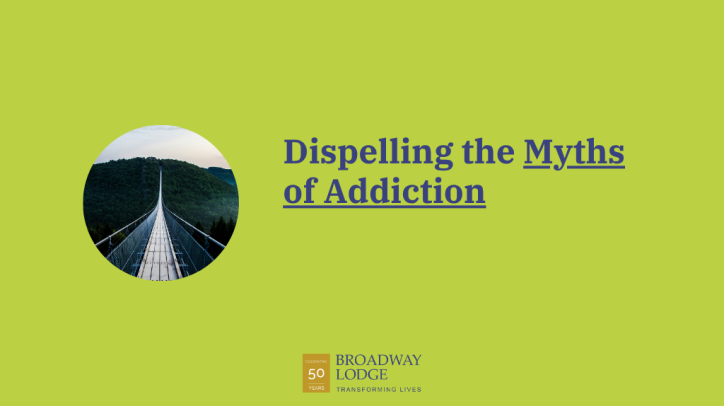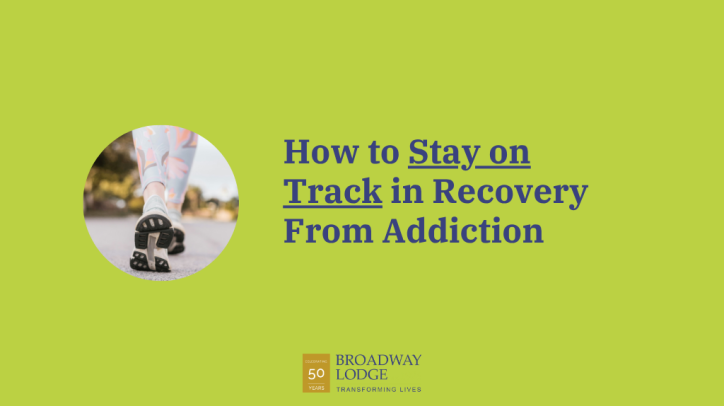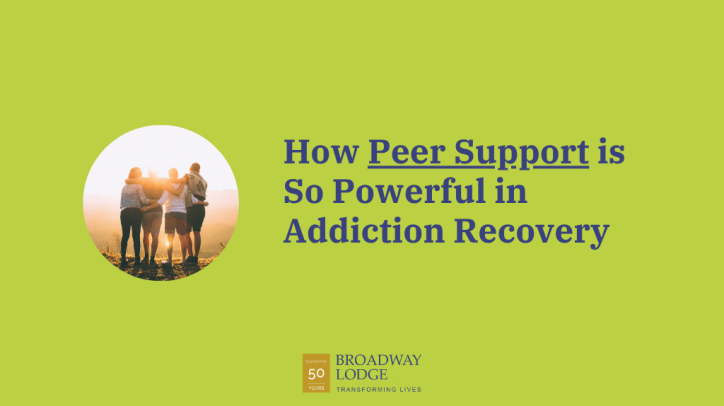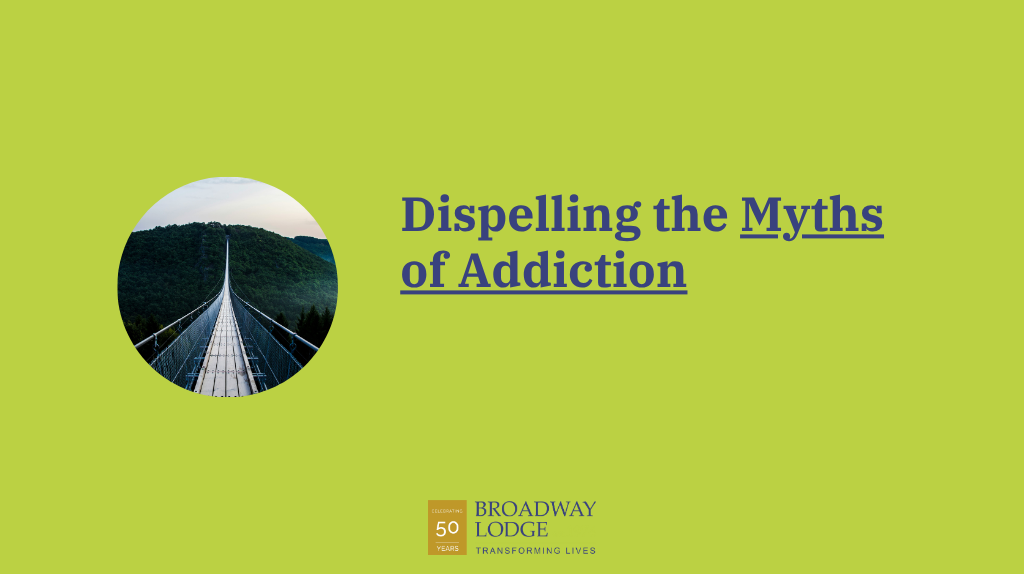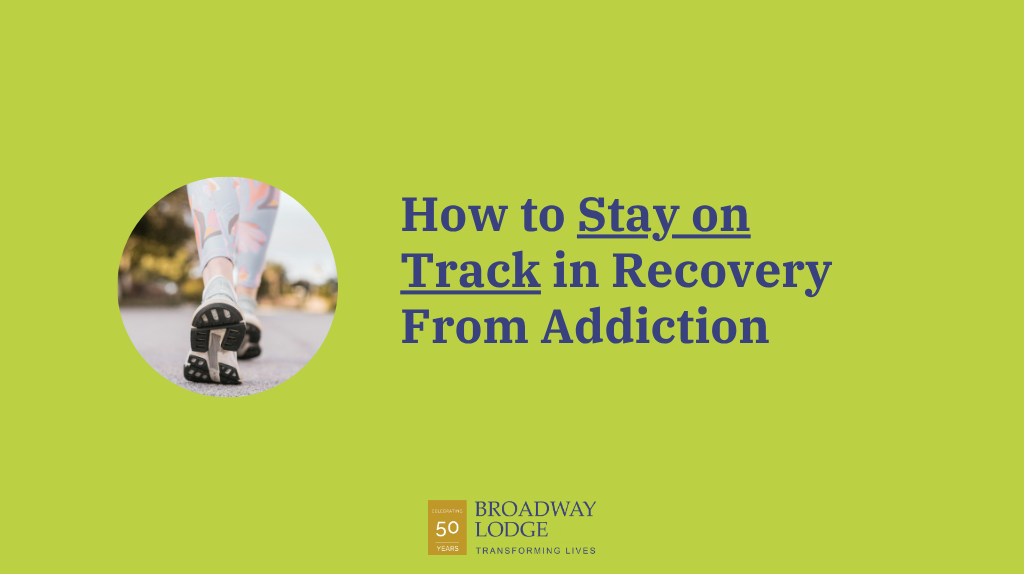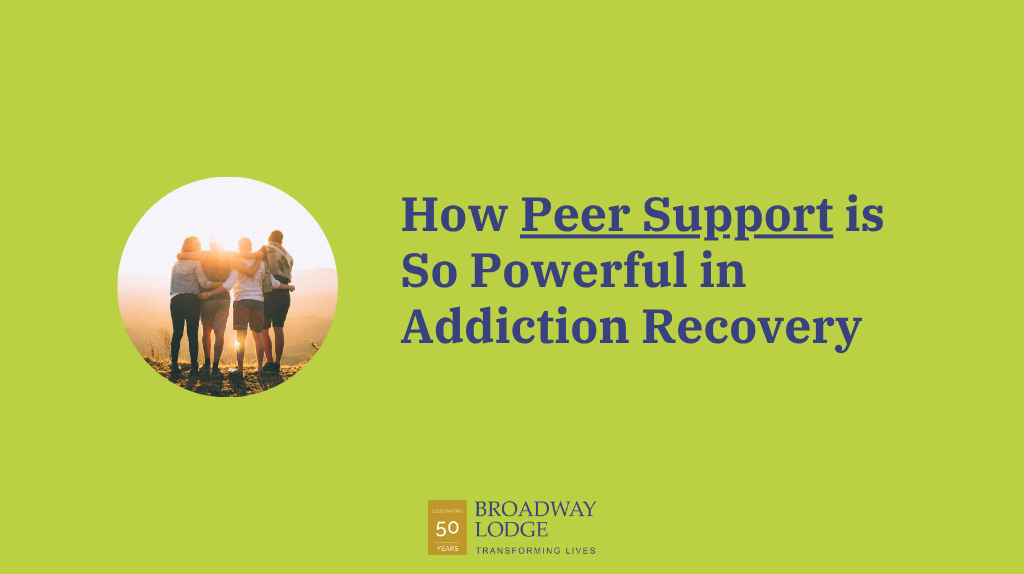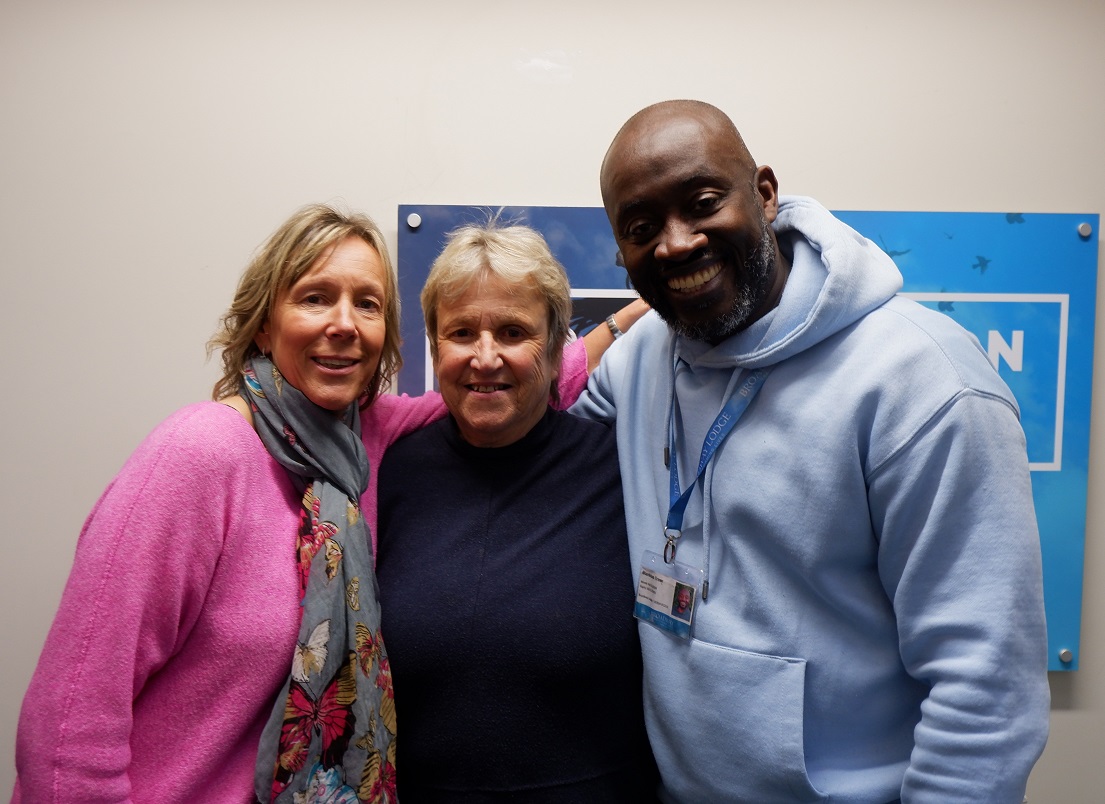If we have caught a bug or are experiencing pain with toothache, we will usually want to overcome it as soon as possible through treatment at home or by seeking advice from a health professional. We are often quick to address physical health problems, and it should be the same for our mental health too.
World Mental Health Day is an annual campaign led by Mental Health Foundation – a charity that specialises in research and policy development with a focus on preventing mental health problems. This year World Mental Health Day is on Sunday 10th October.
With our interest in supporting clients with their mental wellbeing, we want to support this years’ World Mental Health Day campaign to share some tips and advice for improving and maintaining your mental wellbeing and offer signposts to mental health organisations so that you have ideas of what you can do for yourself if you are experiencing a slip in your mental health. Many of us in our lifetime will experience poor mental health at some stage and if you don’t, it’s likely that someone close to you will so we hope this provides you with tips you can pass on.
What is mental health?
Mental health relates to how we feel and how we are coping with our day to day lives. The Mental Health Foundation says that mental health is considered good when we are able to fulfil a number of key abilities:
- The ability to learn
- The ability to feel, express and manage negative and positive emotions.
- The ability to form and maintain relationships with others
- The ability to cope with and manage change and uncertainty
You don’t have to be happy all the time to have good mental health but sometimes it suffers under the strain of work pressures, relationship problems or financial worries for example. We are all unique and have different resilience levels, so while one person may cope with a situation without any mental health side effects, someone else may struggle and take a lot longer to recover. Our mental health isn’t the same forever, it can peak and trough throughout our lifetime and it’s important to know that there is no shame in reaching out for help when you are struggling with your moods, feelings and mental health symptoms.
What’s the difference between mental wellbeing and mental health illness?
Mental wellbeing differs from mental health illness. Mental health illness is when presenting symptoms of a mental health problem are formally diagnosed by a medical professional as a specific mental health illness, such as anxiety, depression or a personality disorder.
Ideas for improving and maintaining mental wellbeing
There are lots of tools you can implement to maintain good mental wellbeing or when you notice your mental health slipping. We’ve listed a number of ideas for inspiration below. Do what you feel comfortable with and enjoy whatever works for you!

Healthy Habits
There are a number of daily habits that promote good mental wellbeing that can all give you more energy, boost your mood and help you to focus and think more clearly. Remember to be kind to yourself – it’s better to make realistic steps to develop healthy habits rather than feeling overwhelmed by making big sudden changes that are unsustainable. Do things you can manage – it’s unrealistic to think you can do a 10k run if you’ve never tried it before. Small goals are more achievable. Healthy regular habits you can introduce include:
Sleep: Getting quality sleep is really important so that your body and mind has time to rest and rejuvenate. A lot of information processing and natural healing in the brain occurs while we sleep. Sleep needs vary for everyone but it is advised that adults get 6 to 9 hours of sleep a night and to go to bed and wake up at the same time each day so our body is in a routine. Poor sleep has been linked to anxiety and depression as well as physical symptoms including weight gain and high blood pressure.
A Balanced, Nutritional Diet: Food plays an important role in the wellbeing of our mind. Research shows that our gut and mind are strongly linked and food really does affect our mood. The Mind website has great advice for what food and drink you can consume to promote mental wellbeing and can be accessed by clicking here. Or watch this short video below that succinctly explains what types of foods and eating habits you can introduce in order to improve your mental health.
Exercise: Exercise is widely known to reap physical and mental health benefits including:
- Aiding good sleep
- Boosting mood (as endorphins and serotonin are produced)
- Helping to disperse ruminating negative thoughts
- Increasing energy levels
- Limiting the effect of stress on the brain
- Giving a sense of accomplishment
The NHS suggests that adults should do at least 150 minutes of exercise every week, although any exercise is better than none. Finding a form of exercise that you enjoy or helps you to feel good is key to ensuring that it’s sustainable for you otherwise you may not feel motivated to keep it up. You may be happy to run or walk alone, or perhaps you’d prefer to join a local running or walking group so you can join in with others. You might think about joining a local sports club if you’re keen to be part of a team. Exercising indoors might appeal to you most e.g. swimming, joining a gym, playing badminton or partaking in exercise classes led by an instructor. There are so many options, it’s just finding the one (or more!), that fits in with your life and ability.
Nature: Getting out into nature, especially green spaces, and spending time to notice everything around you can nurture the mind, body and your senses. It can help you to feel grounded and connected to the world around you. If you don’t have access to wider spaces outdoors, spending time in a local park, a garden or even watching nature documentaries on TV have shown to be beneficial to us. The Mental Health Foundation explains how well we connect with nature can impact the level of benefit we receive and provide more information about how nature can be great for our mental wellbeing. You can read more here: Nature: How connecting with nature benefits our mental health | Mental Health Foundation

Be Kind & Compassionate To Yourself: Try to notice when you are being your own worst critic and when you notice it, it’s easier to turn your perspective around. So instead of being unkind to yourself, acknowledge that you are doing your best and congratulate yourself for everything you are doing and have achieved. The more you try to shift your perspective from negativity towards yourself to positivity, the more natural it will become and easier it will be to be more compassionate to yourself. This is more loving and kind to our mental health and compassion with yourself will transfer naturally to compassion towards others. If you notice you are feeling negative or an emotion that you don’t want to feel anymore, give yourself permission to feel it, don’t judge it, ride the wave and know that it will pass.
Self-care practices for good mental wellbeing
Positive Affirmations: Good Therapy have reported that research shows 80% of self-talk is negative and although our thoughts are not factual, we tend to believe them. The way we speak to ourselves is really powerful and positive affirmations can actually help to reverse these limiting, negative beliefs. Telling ourselves positive affirmations every day (whether this is saying them out loud, writing them down or thinking them), can boost self-esteem, confidence and self-worth and give us empowerment. Spiritual teacher and psychologist, Dr Carmen Harra, has written about the benefits of positive affirmations and includes a range of examples to inspire readers in an online post you can read by clicking here.
Positive affirmation examples:
- I am worthy of love, happiness and fulfilment.
- I love and accept myself just the way I am.
- I am at peace with all that has happened, is happening, and will happen.
- My efforts are being supported by the universe; my dreams manifest into reality before my eyes.
- I acknowledge my own self-worth; my confidence is soaring.
- Today, I abandon my old habits and take up new, more positive ones.
- A river of compassion washes away my anger and replaces it with love.
Journaling: Journaling is a process of writing down your thoughts and emotions. Getting them onto paper can help to stop thoughts whirling around in your head repeatedly or thinking deeply about them (known as ‘ruminating’). Writing down your thoughts and emotions is an effective way to release them, gain control of them and to understand them more clearly. There is no right or wrong way to journal – you can simply write down your thoughts and emotions at the beginning or end of each day on a blank page or, you may want to journal more than once a day or combine it with prompts to help increase your mood for the day, for instance:
- Writing down things you are grateful for
- Writing down things you are going to do to help make your day great
- Writing positive affirmations to tell yourself
You can keep a standard notepad for your journal but there are also ready-made journals you can purchase with prompts to guide you and help you to make the most out of your journal entries. If you are interested in journaling, a search online about how to journal will return a whole raft of tips and inspiration.

Hot Bath Or Shower: A daily hot shower or bath is a very soothing and comfortable ritual proven through research to boost mood and reduce symptoms of depression. When the body becomes warm it naturally relaxes muscles and thoughts and it can be a time to give yourself some breathing space and enjoy the present moment.
Listen To Music: Music can have a powerful impact on your mood and can influence your thoughts, feelings and behaviours. Verywell Mind document the psychological benefits of listening to music which includes aiding better sleep, improving performance and motivation, improving memory and reducing stress. The article reports that listening to classical and meditation music has the greatest benefit in reducing symptoms of depression but heavy metal and techno can have a detrimental impact. So when you feel that you need some help and encouragement to get yourself into a more relaxed, motivated or happier state, think about choosing music you know might help you get there.
Mindfulness Meditation: Mindfulness meditation is an important part of the therapeutic programme at Broadway Lodge because we know just how powerful meditation is. Meditation is commonly practiced for relaxation and stress reduction but the benefits are extensive. Meditation is very effective in restoring inner peace and learning to be in the present moment. It helps us to think more clearly as you learn to let thoughts pass instead of giving them attention and when we operate with calm, we can be kinder to ourselves and others. Try a guided mindfulness meditation where you can focus on the present moment. It might feel difficult to slow your mind down at first but regular practice each day, even if it’s 10 minutes, will soon feel easier. There are many different guided meditations you can find for free on YouTube or you may consider downloading an app like Calm or Headspace (these often require a paid subscription). There are also meditation podcasts like the Mindful Practice Podcast where you can access free guided meditations. The Mindful website here is a good resource for reading more about meditation, how to start and to listen to a range of free guided meditations including a short 1 minute practice and a relaxing body scan.

Comedy: Laughing releases endorphins which is a chemical that is produced naturally by the nervous system to help us to cope with pain or stress and are known as ‘feel-good’ chemicals as they can boost feelings of happiness. Watching comedy (e.g. a film, TV programme, stand-up), or listening to a podcast or radio station that you find funny might encourage laughter and give you a natural mood boost.
Try Something New: Learning or engaging in something new even just for a day, can give you a sense of accomplishment and fulfilment and gives you something to focus on. It might even develop into a new hobby. The key is to enjoy it. It could be drawing or painting, filling in an adult colouring book, exploring somewhere new, learning a language, restoring a piece of furniture or going to an exercise class or a creative workshop for example.
Slow, Deep Breathing: Next time you feel overwhelmed, stressed or angry, try slow, deep breathing by breathing in through the nose and out through the mouth, making each in-breath and out-breath at least four seconds in duration. It is a quick technique that helps you to stop the surge of emotion from escalating and return you to a calmer state.
Limit Activities That Affect Your Mental Wellbeing: Pay attention to activities that trigger you to spiral into a negative space. It’s really positive to be able to recognise these and it means that when you notice what triggers you, you can decide to limit or stop engaging in these activities. For example, if you feel that watching the news or social media scrolling is affecting you negatively, try to limit or stop using these for some time and see if you feel better after minimising or pausing them.
In this helpful short video, Mind explain 8 relaxation tips for nourishing your mental health which crossovers with some of the ideas we’ve detailed above.
Reaching out for help when your mental health suffers
Mental health problems and mental health illnesses are common and through getting help and gaining tools to manage symptoms, it is possible for people to recover completely after a period of difficulty. It’s not always possible to get well by yourself so it’s important to know that firstly, you are not alone, and that there is no shame in asking for help.
Talk to a friend, relative or colleague you can trust: Sharing your thoughts with someone you feel comfortable to confide in can feel like a weight has been lifted off your shoulders. Talking is often the first step to overcoming a difficult time and you might feel that it’s enough to feel better.

GP: If you’ve been struggling with mental health problems, speak to your GP who may be able to offer advice, a diagnosis, options for treatment and may refer you to a specialist.
Private counselling: Non-judgmental one to one counselling with a professional can provide you with insights about why you feel the way you do, to make sense of your thoughts and offer you a safe space to discuss your emotions, attitudes and behaviours and discover ways to change your perspective and move forward.
Local self-referral services: If you live in England and age 18 or over, you may be able to access a local NHS psychological therapies service that you can make a self-referral to (without needing a GP to refer you). These services are known as IAPT and will enable you to speak with a therapies who can support you with common mental health problems like depression and anxiety. Click here to search for your local IAPT service: Find an NHS psychological therapies service (IAPT) – NHS (www.nhs.uk)
Get support and advice from an organisation that specialises in supporting people when their mental health declines: There are charities who specialise in helping people suffering with mental illness and mental health crises, including:
Samaritans is a 24/7 helpline service offering emotional support to anyone struggling to cope with life or in crisis. Their helpline number is 116 123 and can also be contacted via letter and email. Access the Samaritans website here.
Shout 85258 is a 24/7 free mental health text support service for anyone struggling to cope. Click on the image below to download Shout’s Little Book of Coping Skills for times when you feel stressed, anxious, experiencing low mood, overwhelmed, lonely, suicidal or worried, or click here to access the Shout 85258 website.
The Mind charity website offers a wealth of comprehensive information about different mental health illnesses and tips and advice for coping with mental health problems. They have a helpline and web chat service as well as resources about what you can do in a crisis that is not a medical emergency. Access the Mind website here.
In addition, the Mental Health Foundation website here provides a useful list of other organisations you can go for support and advice.
We hope that the information in this blog provides you with some inspiration to nurture your own mental health and some useful tools and ideas you can relay to someone you know who is suffering with their mental health.

